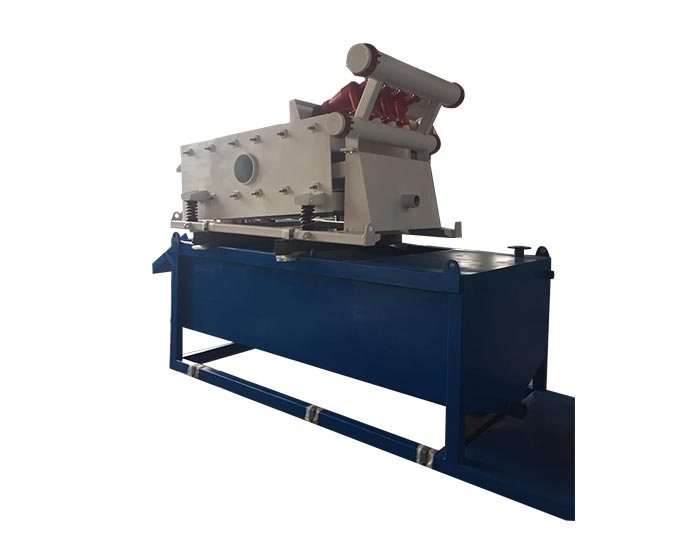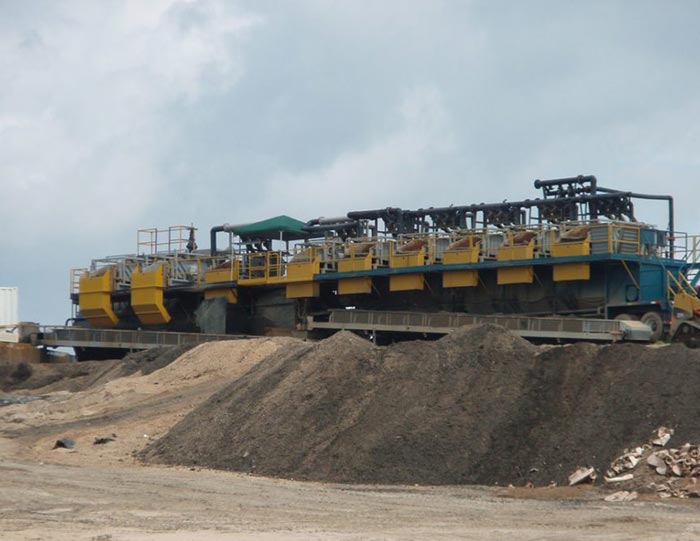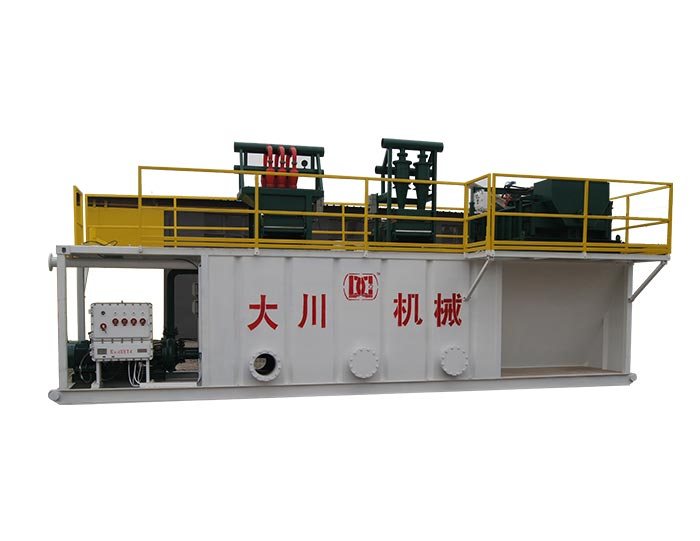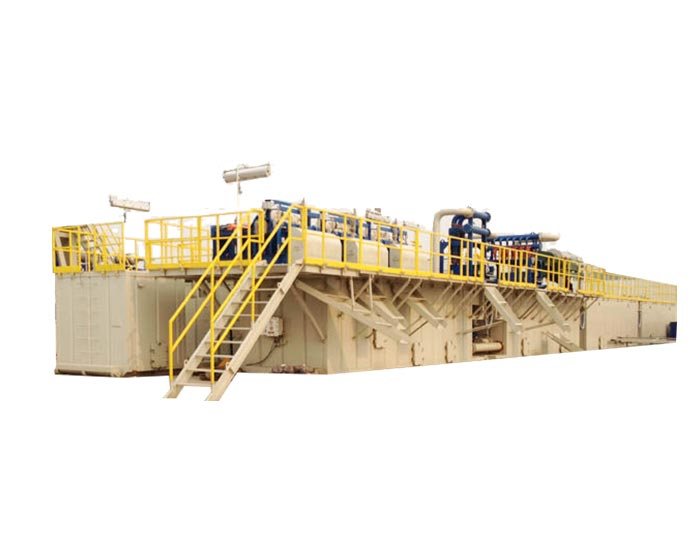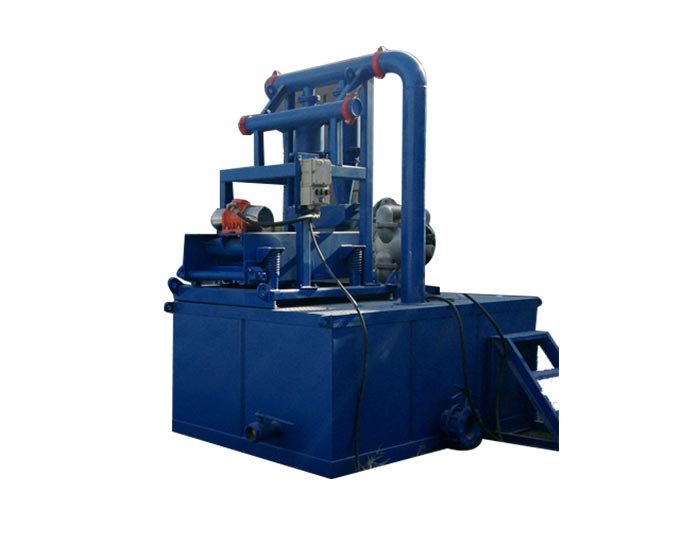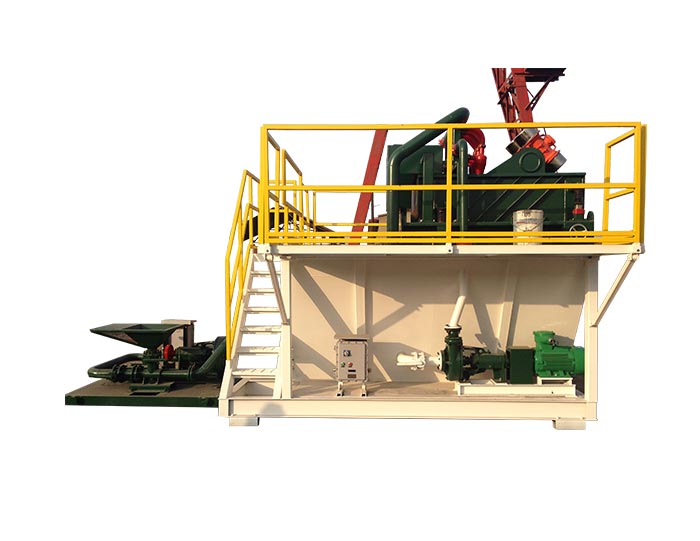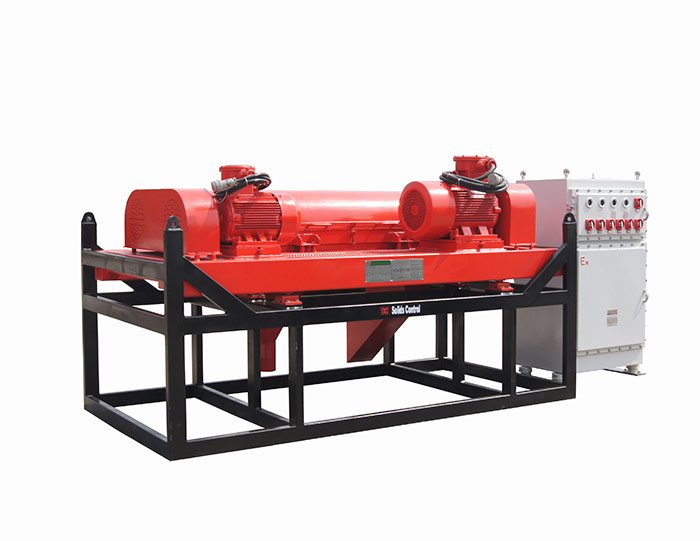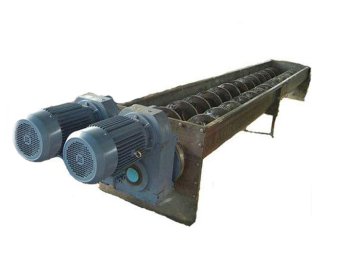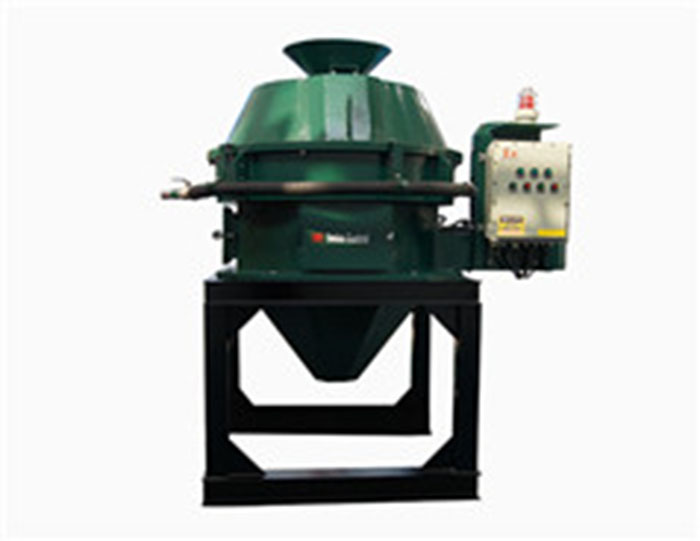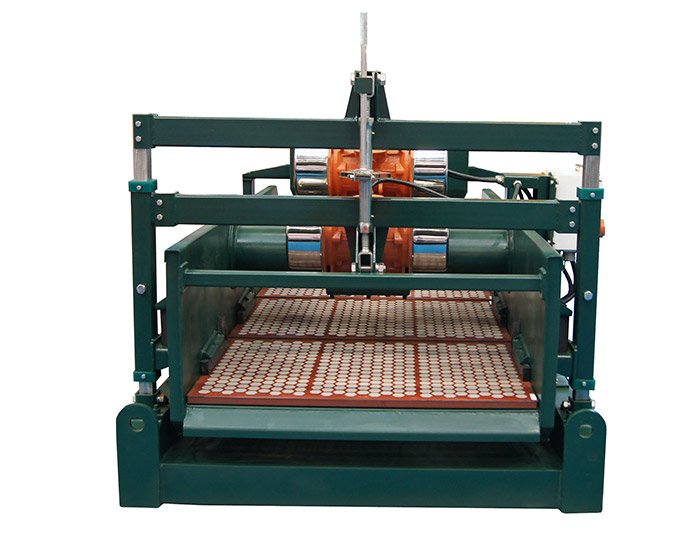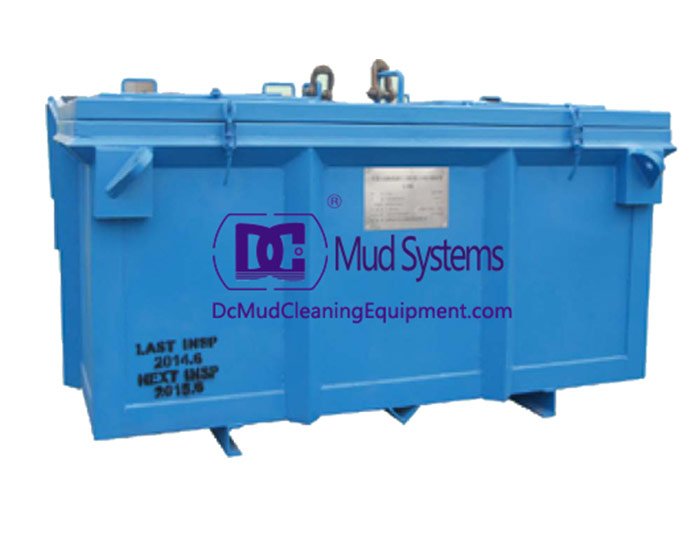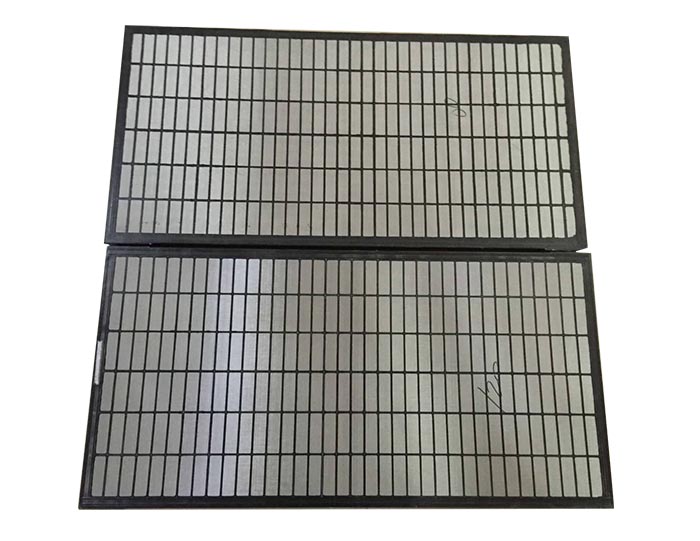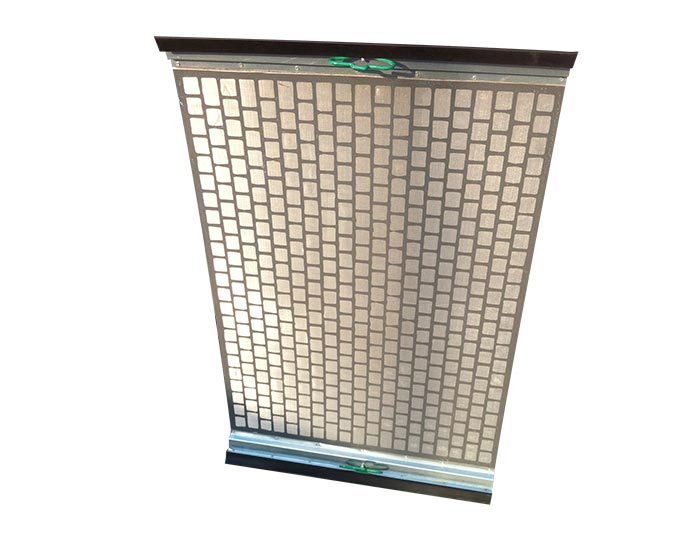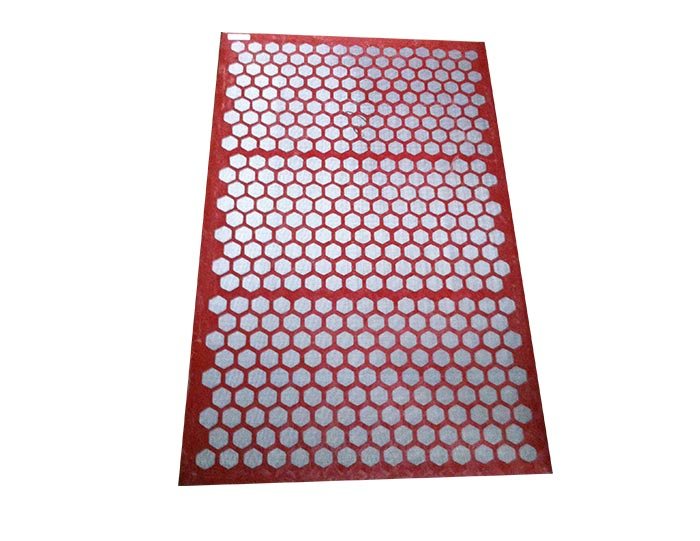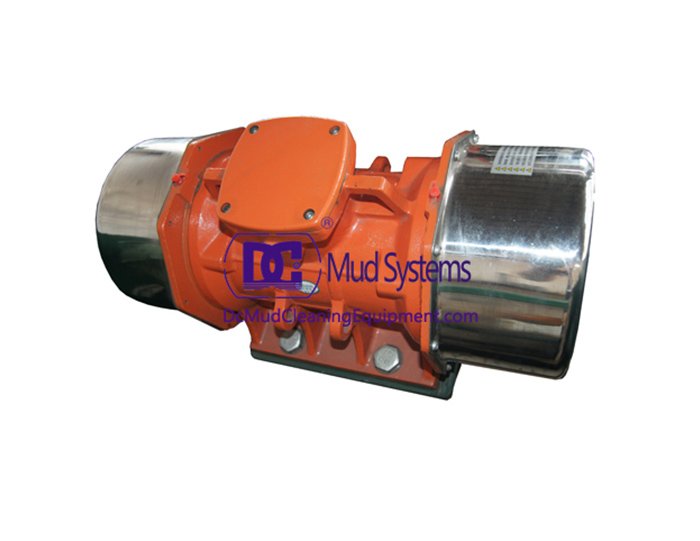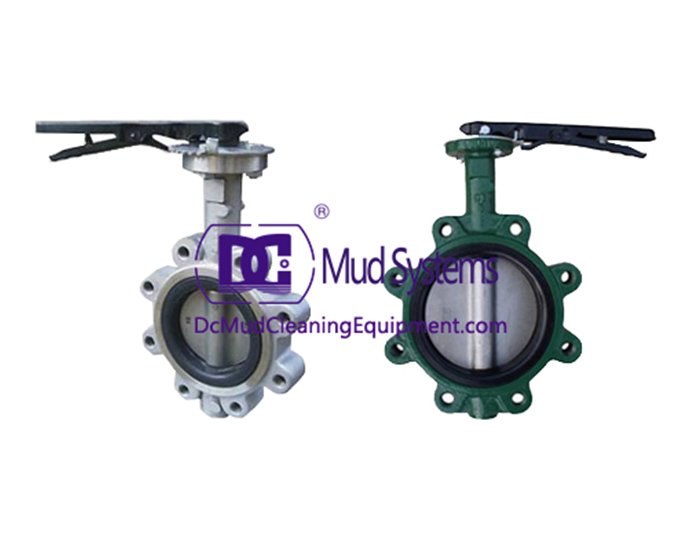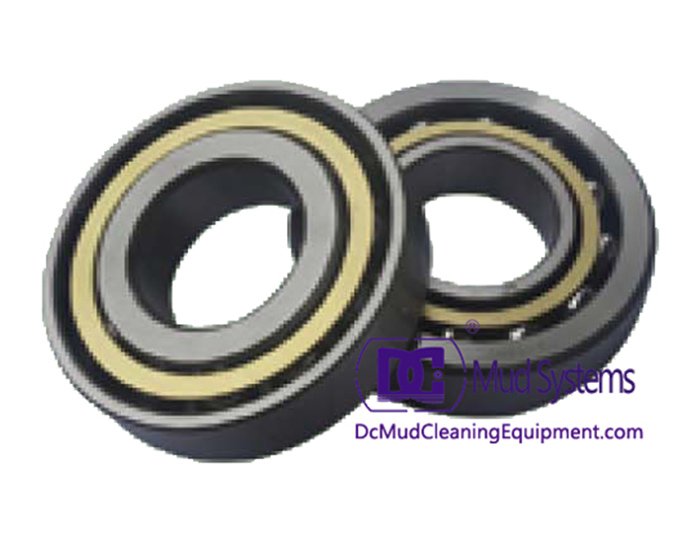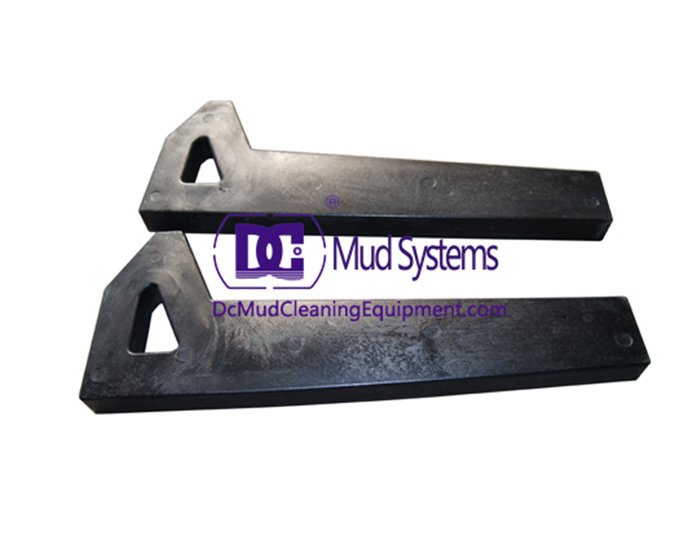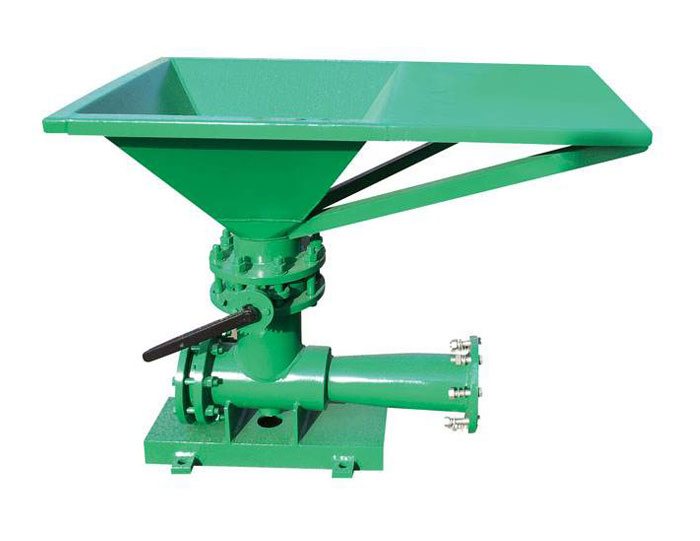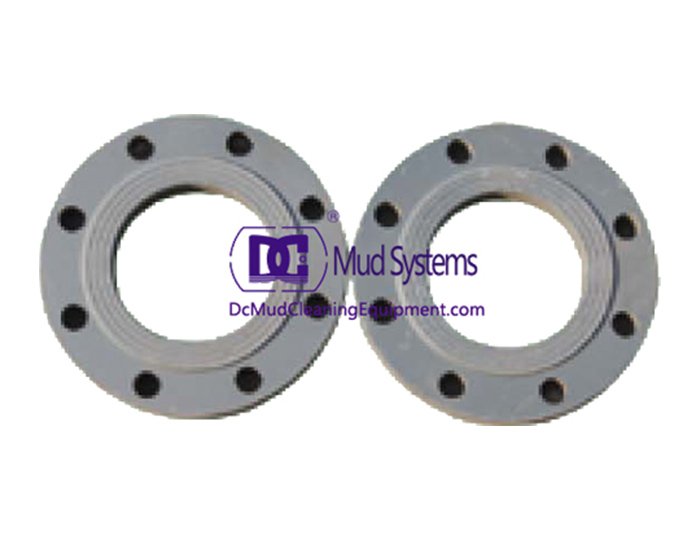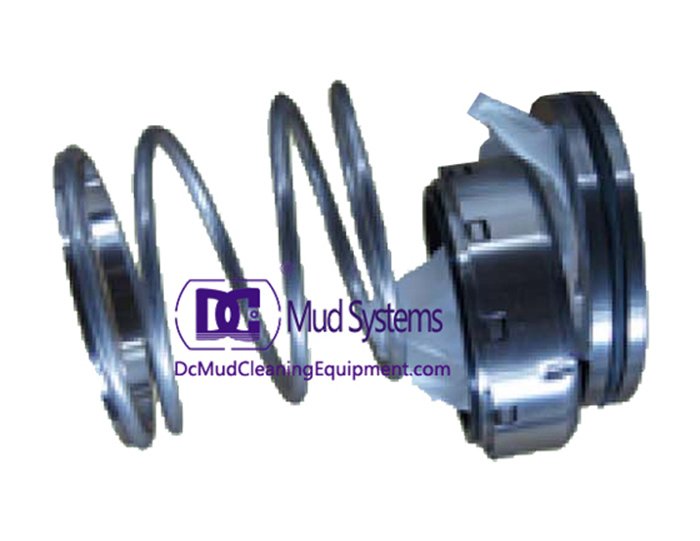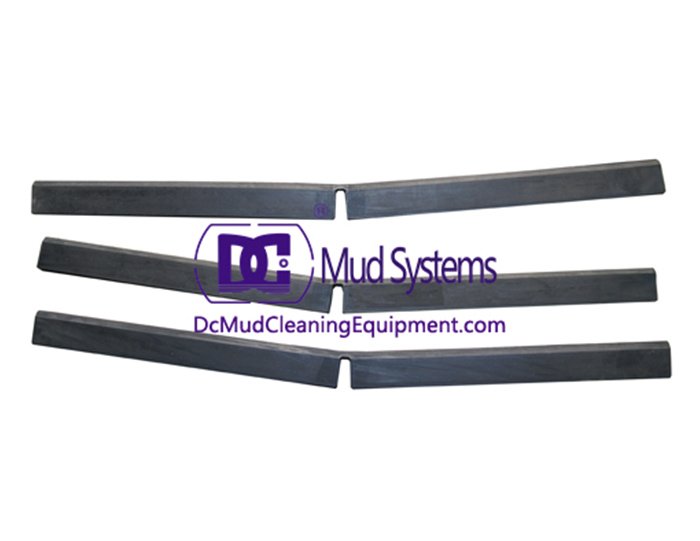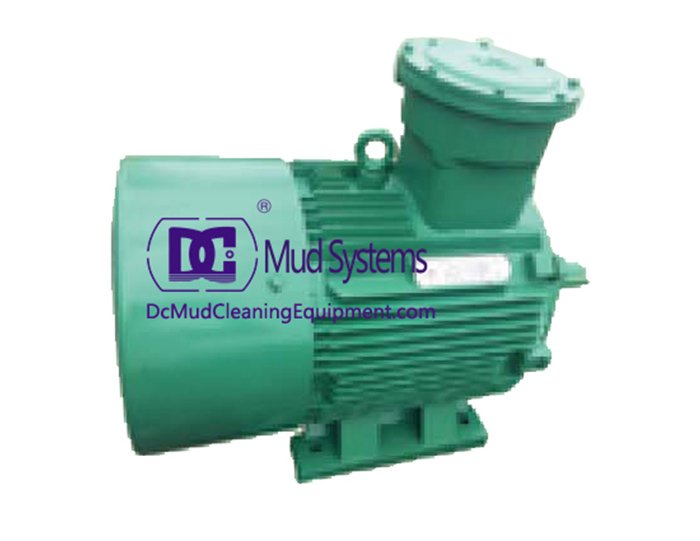In the vast landscape of industrial machinery, the role of mechanical seals cannot be overstated. These precision-engineered devices play a crucial part in preventing leakage and maintaining the efficiency of various fluid-handling systems. From agitator mechanical seals to centrifugal pump mechanical seals, understanding the intricacies of these components is vital for ensuring the smooth operation of industrial processes. Today, let’s dive into the world of mechanical seals, exploring their types, functions, and the challenges associated with mechanical seal leaks.
The Fundamentals of Mechanical Seals
A mechanical seal is a device designed to prevent the leakage of fluids from rotating equipment, such as pumps and agitators. It consists of two main components: a stationary seat and a rotating face. These components are held together by springs or other elastic elements, creating a very tight gap through which the fluid must pass. The primary function of a mechanical seal is to provide a leakage-free barrier between the rotating shaft and the stationary housing, thus preserving the integrity of the fluid being handled.
In the context of centrifugal pumps, where fluid is moved by the centrifugal force generated by a rotating impeller, centrifugal pump seals are particularly critical. These seals must withstand the pressure and temperature of the pumped fluid, as well as the wear and tear associated with constant rotation. The performance of centrifugal pump mechanical seals directly impacts the pump’s efficiency, reliability, and lifespan.
Mech Seal Types: A Comprehensive Overview
When it comes to mech seal types, there are several designs tailored to meet specific industrial needs. Here’s a closer look at some of the most common types:
l Single Cartridge Mechanical Seals: These are the most basic and widely used type. They feature a single set of sealing faces and are often used in applications where fluid pressure and temperature are relatively low.
l Double Cartridge Mechanical Seals: These seals offer additional protection against leakage by incorporating a second set of sealing faces. They are commonly used in high-pressure and high-temperature applications.
l Balanced Mechanical Seals: Designed to minimize axial thrust and wear, balanced seals use fluid pressure to counteract the forces acting on the sealing faces. They are particularly suitable for pumps handling volatile or toxic fluids.
l Pusher Mechanical Seals: In this design, the spring force pushes the rotating face against the stationary seat, creating a tight seal. Pusher seals are often used in applications where space is limited or where the fluid being handled is abrasive.
l Cartridge-Type Agitator Mechanical Seals: Specifically engineered for agitators, these seals must withstand the high shear forces and turbulence associated with mixing processes. They are designed to be easy to install and maintain, ensuring minimal downtime.
Mechanical Seal on a Pump: Ensuring Optimal Performance
Installing a mechanical seal on a pump involves careful selection and precise installation to ensure optimal performance. Factors such as fluid pressure, temperature, viscosity, and chemical compatibility must be considered to choose the right seal type. Additionally, the pump’s design and operating conditions will influence the seal’s configuration and materials.
Proper installation is equally important. Misalignment, improper tightening, or contamination during installation can lead to premature seal failure and leakage. Therefore, it’s crucial to follow the manufacturer’s instructions meticulously and use specialized tools for installation and maintenance.
Challenges of Mechanical Seal Leaks
Despite their robustness, mechanical seal leaks can occur due to various factors. These include:
l Wear and Tear: Over time, the sealing faces will wear down, leading to increased leakage. Regular maintenance and replacement of worn parts can mitigate this issue.
l Dry Running: If the pump operates without sufficient fluid lubrication, the sealing faces can overheat and fail. Ensuring adequate lubrication and monitoring fluid levels are essential to prevent dry running.
l Contamination: Particles or debris in the fluid can damage the sealing faces, causing leaks. Cleanliness of the fluid and regular flushing of the seal chamber are critical.
l Incorrect Installation: As mentioned earlier, improper installation can lead to misalignment and leakage. Following best practices and using specialized tools can help avoid these issues.
Types of Mechanical Seals for Pumps: Tailoring Solutions to Fit Needs
When selecting types of mechanical seals for pumps, it’s essential to consider the specific needs of the application. For instance, in the chemical industry, seals must withstand harsh chemicals and high temperatures. In such cases, materials like carbide, ceramic, and silicon carbide are often used for their excellent corrosion resistance and hardness.
In the oil and gas industry, where pumps handle highly volatile and flammable fluids, the focus is on safety and reliability. Seals with metal bellows or spring-loaded designs are preferred to accommodate thermal expansion and contraction.
In the food and beverage industry, where hygiene is paramount, seals must be made from materials that are compatible with food-grade fluids and easy to clean. Elastomers like Viton and EPDM are commonly used due to their resistance to a wide range of food-grade chemicals.
In summary, mechanical seals are indispensable components in the world of industrial machinery. From agitator mechanical seals to centrifugal pump seals, these precision-engineered devices play a vital role in preventing leakage and maintaining the efficiency of fluid-handling systems.
Understanding the different mechanical seal types and their applications is crucial for selecting the right seal for each application. Proper installation, regular maintenance, and prompt repair of leaks are essential to ensure the reliability and lifespan of these critical components.
As technology advances, so too do the materials and designs of mechanical seals. Innovations in materials science, coatings, and sealing technologies are continually pushing the boundaries of what’s possible. By staying informed and embracing these advancements, industrial professionals can ensure that their fluid-handling systems remain efficient, reliable, and safe.
In conclusion, the importance of mechanical seals in industrial processes cannot be overlooked. They are the unsung heroes that keep our machinery running smoothly and our fluids where they belong—inside the system. With proper selection, installation, and maintenance, mechanical seals can provide years of leak-free service, contributing to the overall success and profitability of industrial operations.
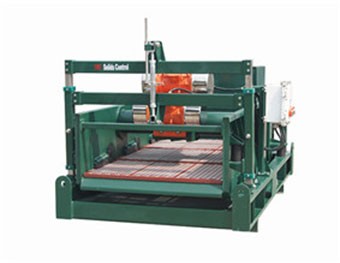 Linear Motion Shale Shaker In Drilling Rig
Linear Motion Shale Shaker In Drilling Rig 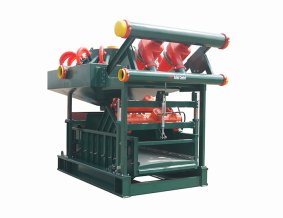 Oilfield Mud Cleaner
Oilfield Mud Cleaner 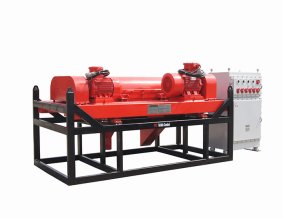 Drilling Fluid Decanter Centrifuge
Drilling Fluid Decanter Centrifuge Drilling Mud Desander
Hydrocyclone Desilter
Centrifugal Pump/Centrifugal Mud Pump
Shear Pump
Jet Mud Mixer
Horizontal Mud Agitator
Constant Pressure Drilling Fluid Mud Gas Separator
Mud Gun
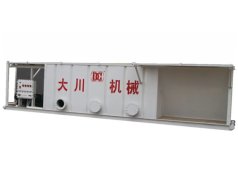 Mud Tank
Mud Tank Solids Control System Vacuum Degasser
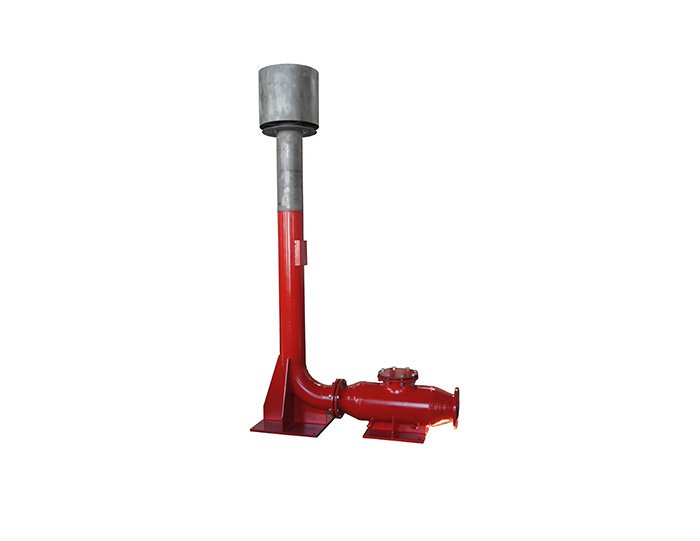 Flare Ignition Device
Flare Ignition Device 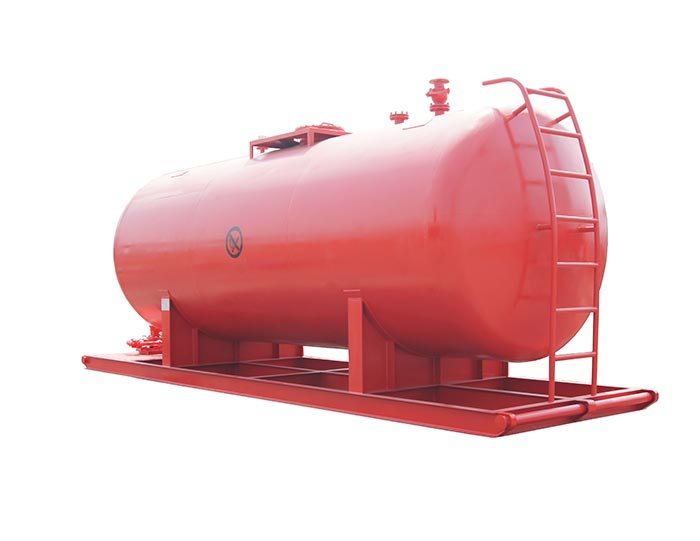 Diesel Tank
Diesel Tank 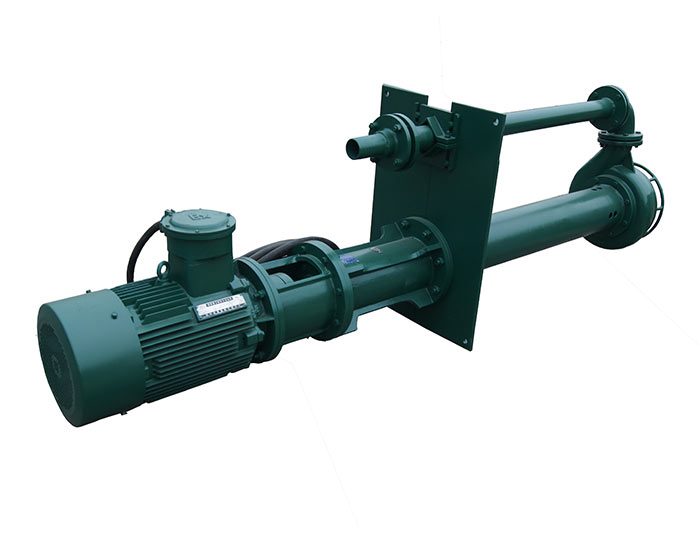 Submersible Slurry Pump
Submersible Slurry Pump 



